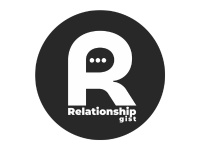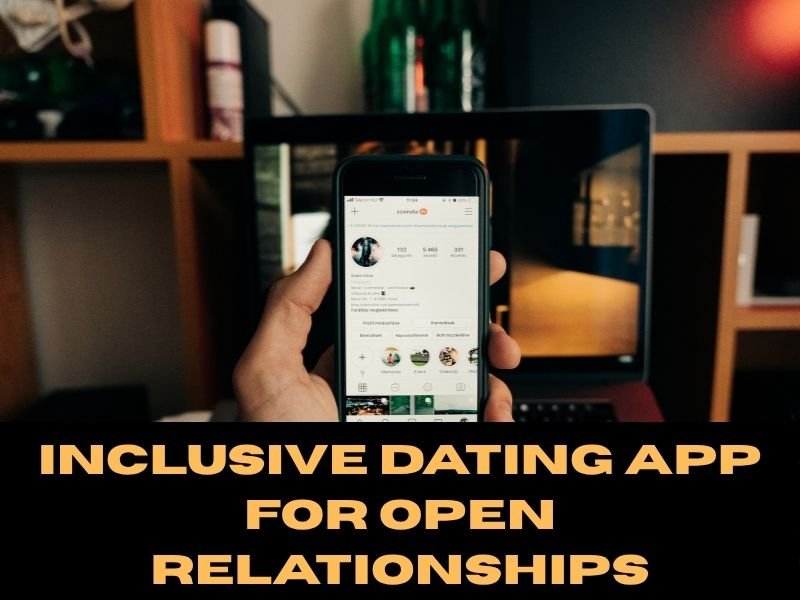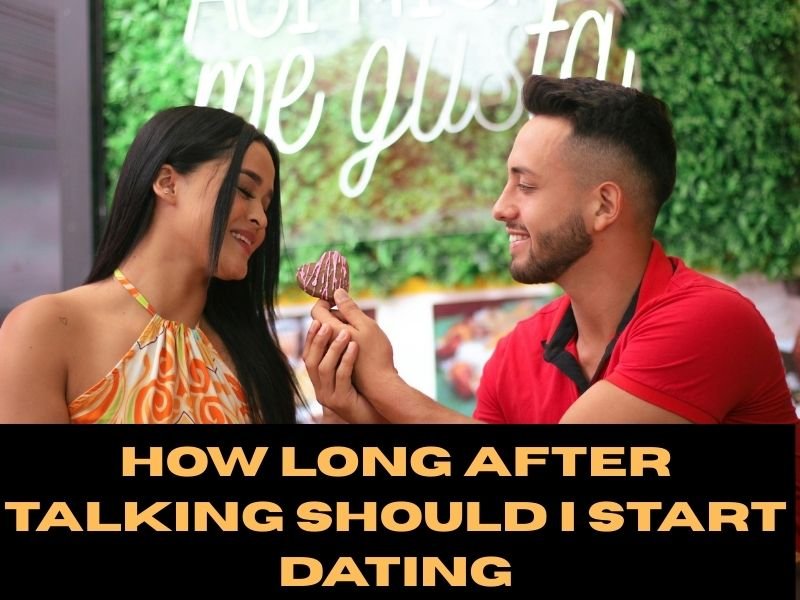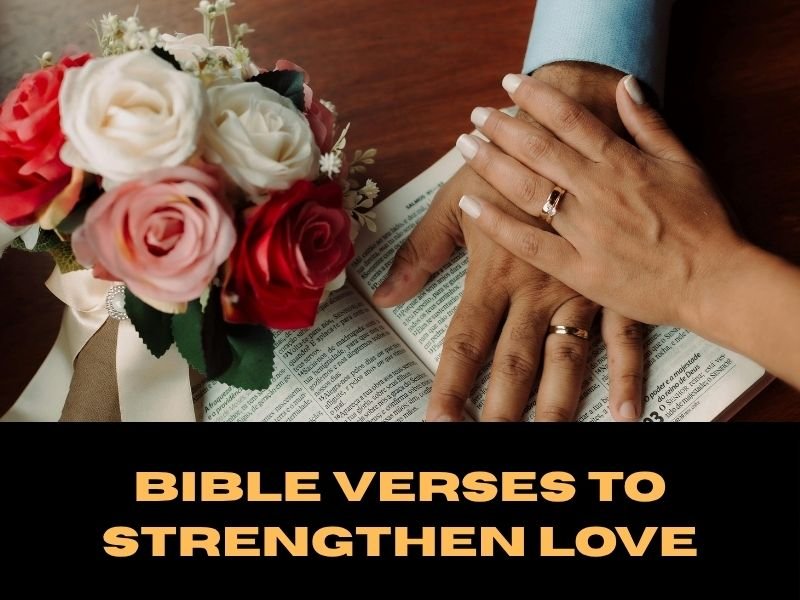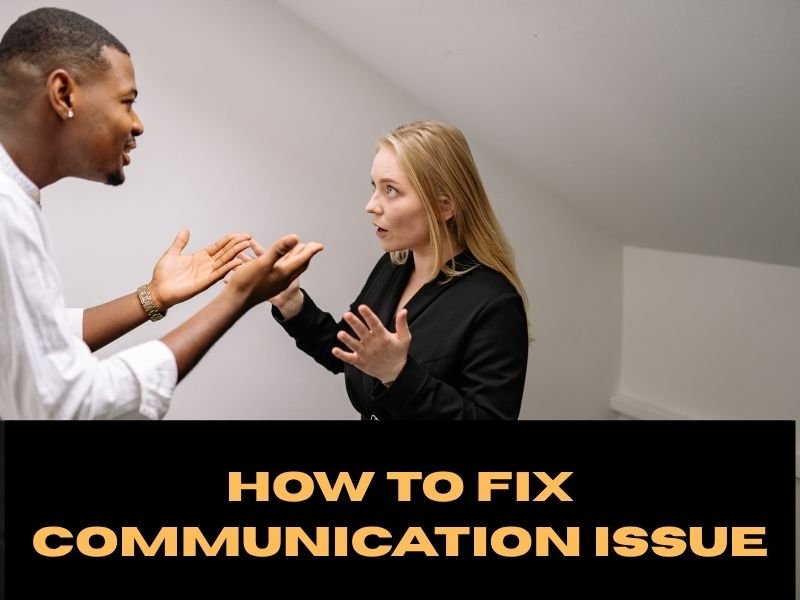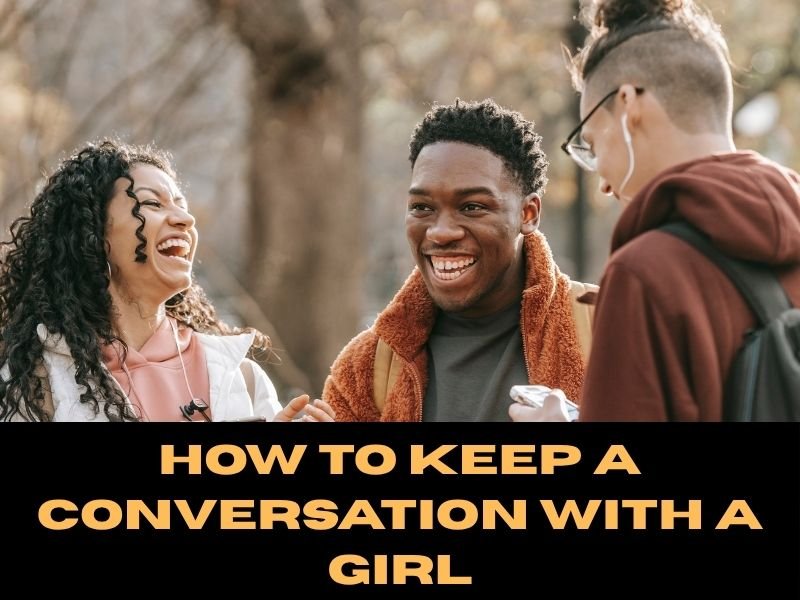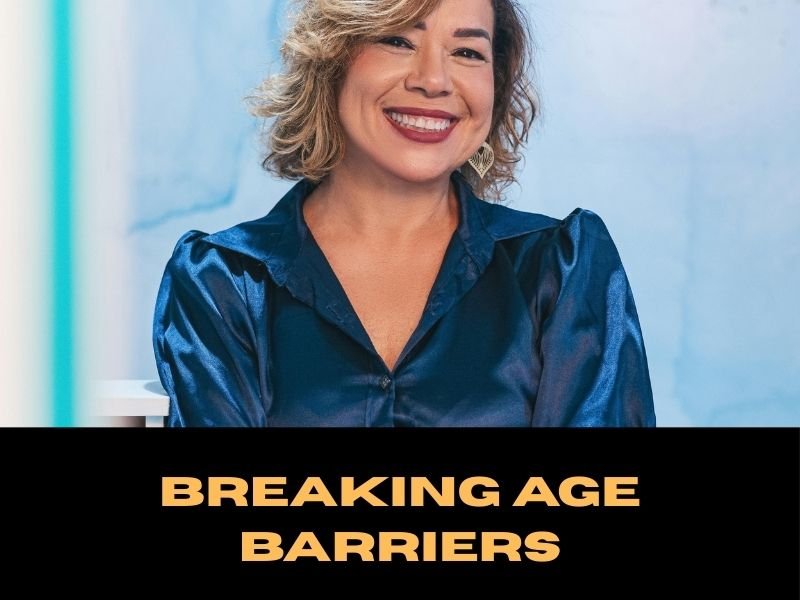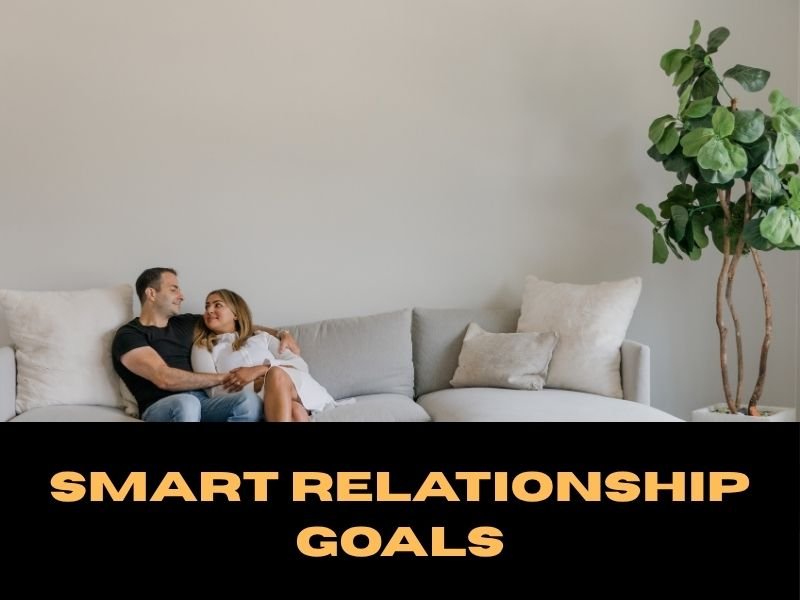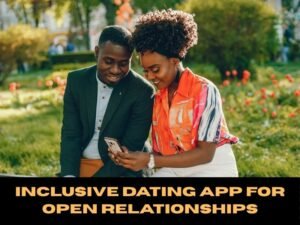
An inclusive dating app for open relationships is a digital space where people practicing ethical non-monogamy, polyamory, or simply exploring open love can meet like-minded individuals. Unlike traditional apps that assume monogamy as the norm, these platforms focus on consent, communication, and respect for diverse relationship structures. Whether you’re solo poly, part of a couple seeking other connections, or new to non-monogamy, these apps are designed to support your journey without judgment.
Alex and Jamie, a couple who transitioned from monogamy to ethical non-monogamy. They found mainstream apps lacking in nuance and safety. After joining an inclusive app built for open relationships, they could clearly state their boundaries, connect with others who shared their values, and avoid the awkwardness of constant explanations. Their experience shows how tailored platforms reduce friction and increase relational harmony.
Key Features to Look For in an Open Relationship Dating App
When choosing an inclusive dating app for open relationships, it’s important to prioritize platforms that promote safety, clarity, and transparency. Look for apps that allow you to label your relationship style (e.g., polyamorous, ENM, open), state your boundaries, and filter potential matches based on mutual interests and values. Important features to safeguard mental and physical health include a strong privacy policy, profile verification, and the option to link profiles (for couples).
For instance, Taylor, who is 35 years old, was new to the idea of dating while still being in a relationship. Traditional apps often didn’t give them enough room to explain how they worked. But with an app that had options like “partnered but open” and “looking for solo poly,” Taylor was able to find matches who understood and respected their relationship needs. This made the dating experience better by getting rid of misunderstandings.
Here’s a list of 20 key features to look for when choosing an open relationship dating app, so you can feel safe, respected, and genuinely connected:
-
Profile customization for relationship style (e.g., open, poly, ENM).
-
Couple-friendly accounts so partners can join together if desired.
-
Clear privacy controls (who can see your profile, photos, etc.).
-
Verification system to reduce fake accounts and catfishing.
-
Inclusive gender and orientation options beyond the binary.
-
Filters for relationship preferences (poly, casual, long-term, kink-friendly).
-
Discreet mode for those who want extra privacy.
-
Strong community guidelines to protect against harassment.
-
Open communication tools (messaging, video chat, voice notes).
-
Events or groups feature for meeting like-minded people offline.
-
Education resources on ethical non-monogamy and safe dating.
-
STI/sexual health awareness badges or disclosures.
-
Geo-location matching with adjustable distance settings.
-
Compatibility quizzes tailored for non-traditional relationships.
-
Block/report options that are quick and easy to use.
-
Photo & album privacy settings (choose who can view intimate pics).
-
Community-driven forums for advice, sharing experiences, and support.
-
Couple + individual matching flexibility (meet people as a unit or solo).
-
Advanced search filters (interests, values, lifestyle preferences).
-
Safety tips integration (built-in reminders about consent and boundaries).
How to Handle Jealousy, Boundaries, and Emotional Safety in Open Dating
Strong communication and being aware of your feelings are important for open relationships. Jealousy is a natural emotion that can arise when navigating multiple connections, but it’s manageable with open conversations, negotiated boundaries, and regular emotional check-ins. A good dating app meets these needs by encouraging users to be honest in their profiles, giving them ways to talk to each other in the app, and creating community norms that make it normal to set boundaries and express feelings.
Rachel and Jordan are a couple who decided to use an open relationship dating app to find parallel connections. They made a shared calendar to talk about date nights and check in once a week to see how their feelings were changing. When Rachel started feeling jealous for no reason, they stopped to look over their agreements again, using information from the app’s blog and community forums. Their structured, caring approach turned jealousy into understanding, which kept both their main relationship and new ones strong.
Here are 20 practical ways to handle jealousy, boundaries, and emotional safety in open dating so that love feels secure and healthy:
Handling Jealousy
-
Acknowledge your feelings instead of denying them—jealousy is natural.
-
Identify the root cause (fear of loss, comparison, insecurity).
-
Talk openly about jealous triggers with your partner.
-
Practice self-reassurance—remind yourself of your value.
-
Avoid silent resentment—address issues early before they build up.
-
Celebrate your partner’s happiness instead of seeing it as competition.
-
Shift perspective—see other connections as additions, not threats.
Setting Boundaries
-
Define what’s okay and what’s not in your relationship.
-
Agree on time boundaries (how much time with each partner).
-
Set sexual health boundaries (testing, protection, exclusivity rules).
-
Respect privacy—decide what details should or shouldn’t be shared.
-
Revisit boundaries often—they can evolve as comfort grows.
-
Be clear, not vague—ambiguous rules create confusion.
Creating Emotional Safety
-
Use consistent reassurance (“I choose you,” “You matter most”).
-
Practice active listening when your partner expresses concerns.
-
Validate emotions without dismissing them (“I hear you, that makes sense”).
-
Avoid secrecy—transparency builds trust.
-
Prioritize quality time to maintain a strong bond.
-
Create a safe space for honesty—no punishment for vulnerability.
-
Seek outside support if needed—a counselor, support group, or resources on ethical non-monogamy.
Benefits of Using a Dedicated App vs. Traditional Dating Platforms
Many people interested in open relationships begin by using regular dating apps, but they often have to explain their lifestyle repeatedly, deal with stigma, or encounter individuals who don’t understand non-monogamy. Specialized apps fix these problems by creating a friendly, informed space where open conversations about relationships are always welcome. Because of this, relationships are easier, expectations are clearer, and emotional space is safer.
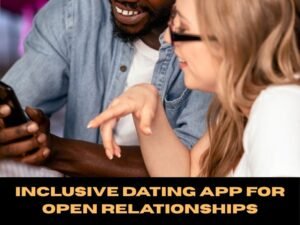
Let’s look at Malik, who describes himself as solo polyamorous. He frequently matched with people expecting exclusive commitment on popular apps, which caused confusion and emotional distance. Malik was able to avoid giving the same explanations over and over again, list his identity up front, and filter for people who shared his values after he switched to an open relationship dating app. In addition to saving time, the change improved the caliber of his relationships.
Here are 20 benefits of using a dedicated app (like one focused on serious relationships, specific interests, or values) compared to traditional, broad dating platforms:
-
More serious intentions – dedicated apps often attract people seeking real connections, not just casual chats.
-
Shared values – you meet people who already align with your beliefs (faith, lifestyle, or goals).
-
Less noise – fewer random or incompatible matches to sort through.
-
Niche focus – tailored for specific communities (e.g., single parents, professionals, Christians, LGBTQ+, etc.).
-
Better compatibility filters – allow more refined matching beyond basic age and location.
-
Safer environment – smaller, community-driven apps often emphasize accountability and safety.
-
Less ghosting – people using niche apps tend to be more intentional and respectful.
-
Easier conversation starters – built-in prompts or shared interests reduce awkward intros.
-
More supportive communities – users often encourage each other, not just compete.
-
Fewer distractions – not overloaded with ads, swipes, or unrelated content.
-
Tailored features – designed for meaningful connections (like video intros, deeper bios).
-
Stronger trust factor – smaller communities often verify members more thoroughly.
-
Reduced competition – not everyone is “window shopping,” so effort is valued.
-
Focus on quality, not quantity – you’re not endlessly swiping; matches are more curated.
-
Faster compatibility checks – shared goals or lifestyles cut out mismatched conversations.
-
Encourages long-term connection – many niche apps design their systems for lasting relationships.
-
Cultural/religious comfort – no need to explain traditions or beliefs to every match.
-
Lower burnout – less overwhelming than crowded, mainstream apps.
-
Improved privacy – smaller apps often respect data and avoid overexposure.
-
Greater sense of belonging – feels like a safe “community” rather than a marketplace.
Common Mistakes to Avoid When Using an Open Relationship Dating App
Using a dating app to navigate an open relationship can be fruitful, but only if done carefully and clearly. One frequent error is not being honest in one’s intentions. Vague profiles can result in misplaced expectations, regardless of whether you are partnered, exploring, or single. Unfairly comparing connections or jumping into new dynamics without emotional preparation or clear agreements are two more common mistakes.
Samantha and Leo signed up for an open dating app to try to find a third partner. Because they were eager and new to the scene, they didn’t have important talks about limits and expectations. When jealousy and misunderstandings came up, the experience became emotionally draining. After taking a moment to think about things and go over the app’s instructions, they came back to the room more in line, this time with a common language and a stronger emotional base.
Here’s a list of 20 common mistakes to avoid when using an open relationship dating app — whether you’re solo or partnered:
-
Not being honest in your profile about being in an open relationship.
-
Hiding your partner (if you have one) instead of being upfront.
-
Assuming everyone understands your boundaries without stating them.
-
Not setting clear agreements with your partner before joining the app.
-
Coming across as secretive or shady instead of open and respectful.
-
Using only vague language like “open to fun” without explaining intentions.
-
Ignoring people’s stated boundaries or relationship agreements.
-
Treating the app like a hookup-only space when others may want more depth.
-
Not respecting your partner’s comfort level when you interact with.
-
Failing to mention safer sex practices or expectations around protection.
-
Sending inappropriate photos or messages too soon.
-
Comparing matches to your partner instead of appreciating them individually.
-
Assuming poly/open = no rules (everyone has boundaries).
-
Being dismissive of single users who want a genuine connection.
-
Not updating your profile when your situation or boundaries change.
-
Overpromising time and attention when you can’t realistically give it.
-
Neglecting communication with your partner about new connections.
-
Treating people as “experiments” instead of respecting them as equals.
-
Ghosting matches instead of politely expressing disinterest.
-
Forgetting that honesty, respect, and empathy matter just as much as in monogamous dating.
How to Create an Authentic Profile That Attracts Respectful Matches
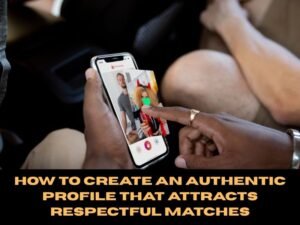
Any dating app requires a well-written profile, but in public relationship settings, genuineness is crucial. Communicate your relationship status, your values, and the type of connections you are looking for (romantic, platonic, or exploratory). Steer clear of clichés and speak in a way that best expresses your character, communication preferences, and emotional openness. Your chances of drawing in polite, compatible matches increase with your level of honesty and specificity.
Jamie, who is 28 years old, said in their profile that they were “poly, partnered, and pansexual” and that they shared their core values of compassion, consent, and curiosity. They attracted people who were on the same wavelength by writing a short paragraph about how they wanted to connect with others: by being communicative, emotionally intelligent, and open-hearted. This built trust from the first message and cut down on interactions that didn’t match up.
Safety and Privacy Tips for Ethical Non-Monogamous Daters
Privacy and safety are still important, even in inclusive settings, particularly when managing several relationships. Make use of dating apps that provide secure messaging, let you manage who can view your profile, and encrypt your data. Prioritize consent-based discussions before offline meetings and exercise caution when disclosing identifying information too soon. Additionally, respect your partners’ privacy, particularly if you are in a multi-person dynamic.
Brian and Maya use a dating app with advanced privacy settings for open relationships. They choose to use selective visibility tools to keep their profiles hidden from friends and coworkers. They only show their real names after having some good conversations. One of their most important rules is to use video calls before meeting in person. This keeps everyone safe and on the same page before strengthening the bond. Their plan shows how important it is to be discreet when practicing moral non-monogamy.
Here’s a list of 20 Safety and Privacy Tips for Ethical Non-Monogamous (ENM) Daters — practical steps to protect yourself, your partners, and your relationships:
-
Be clear about boundaries with all partners to avoid misunderstandings.
-
Use secure messaging apps (with encryption) when discussing sensitive details.
-
Protect identities online — don’t post photos or tag partners without consent.
-
Use nicknames or initials when journaling, saving contacts, or chatting in groups.
-
Discuss STI prevention openly and agree on testing routines.
-
Have safe-sex supplies ready (condoms, dental dams, lube) at all times.
-
Share only necessary personal info until trust is built (e.g., don’t reveal your address immediately).
-
Meet new partners in public places first before inviting them into private spaces.
-
Be cautious with social media — manage privacy settings to protect relationships.
-
Check in regularly with all partners about comfort levels and safety concerns.
-
Respect confidentiality — don’t share one partner’s details with another without permission.
-
Create a support system of trusted friends who know where you are when meeting new people.
-
Set up a “safe call” system — have a friend check in during first or unfamiliar dates.
-
Use dating platforms that allow ENM profiles to avoid dishonesty or unwanted exposure.
-
Avoid mixing professional/work accounts with dating or ENM communities.
-
Be transparent but selective — not everyone needs to know about your private life.
-
Have exit strategies — safe transportation and clear signals if you feel uncomfortable.
-
Respect your primary relationship’s agreements if you are in a hierarchical setup.
-
Practice digital hygiene — password-protect devices and delete sensitive chats when needed.
-
Keep ongoing consent central — revisit boundaries and safety agreements often.
Success Stories: Real People, Real Connections Through Inclusive Dating
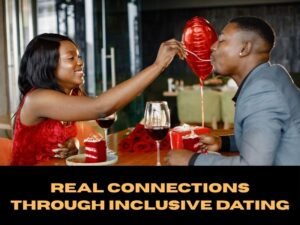
Every profile contains a human story, and inclusive dating apps have enabled innumerable people to form satisfying relationships. These platforms are altering the perception of what love and relationships can entail, from polyamorous families to single poly people seeking intense emotional companionship. Quality, communication, and respect for one another are more important for success in open dating than the quantity of matches.
Through a specialized app for open relationships, Jamie, a single poly woman, met Alex and Rina, a queer couple navigating hierarchical polyamory. Mutual openness and a desire for unrestricted emotional intimacy marked the beginning of their journey. They eventually established a triad that valued each individual’s autonomy and voice. Their narrative, which was highlighted in the app’s community spotlight, demonstrates how inclusive platforms promote relationships based on freedom, clarity, and concern.
James, 41, a single dad from Chicago, didn’t want to date again after his divorce until he met Elena, 38, through a dating site for people of all backgrounds. Elena didn’t see him as a challenge as a parent; instead, she admired his dedication. Their relationship grew naturally through coffee dates, family picnics, and shared values. James feels really seen today, and together they’ve built a love based on acceptance and real life.
Maya, a 29-year-old designer from London, met Alex, a 32-year-old developer from Toronto, on a dating site that was open to everyone. What began as conversations about travel and art grew into a strong friendship that was kept alive through video calls, care packages, and visits. Maya moved to Toronto two years later, and the couple is now happily engaged. This shows that dating that is open to everyone can lead to real love, no matter how far apart or what your expectations are.
Conclusion
The rise of inclusive dating apps for open relationships shows that love, connection, and commitment are no longer defined by a single set of standards. People can say what they need in a relationship on these sites without feeling bad or scared because they value individuality, fluidity, and consent. As society becomes more accepting of different kinds of relationships, the need for polite, moral places to meet new people will only grow.
A recent study by the Kinsey Institute found that nearly 20% of adults said they had been in a consensual non-monogamous relationship at some point. As awareness and education have grown, inclusive dating apps have come about to meet this changing need. These apps not only help people date, but they also change the way people think about what healthy, modern love looks like in the digital age by giving them spaces, tools, and filters that reflect moral values and emotional intelligence.
FAQs
1. What is an inclusive dating app for open relationships?
An inclusive dating app for open relationships is a platform designed to connect people who are exploring polyamory, ethical non-monogamy, or open partnerships. Unlike traditional dating apps, it prioritizes honesty, consent, and community support.
2. How is it different from regular dating apps?
Regular dating apps are often built with monogamous relationships in mind. Inclusive apps, however, offer features like partner linking, multiple relationship status options, and customizable boundaries that respect diverse forms of love and connection.
3. Are these apps safe to use?
Yes, most inclusive dating apps emphasize privacy and consent. They often include detailed profile filters, block/report functions, and community guidelines to ensure respectful interactions. Still, it’s important to use caution, verify profiles, and establish boundaries before meeting someone.
4. Can couples use these apps together?
Absolutely. Many inclusive dating apps allow couples to create linked or joint profiles, making it easier to seek partners together while maintaining transparency and clear intentions.
5. Do you have to already be in an open relationship to join?
Not necessarily. These platforms welcome singles curious about ethical non-monogamy, couples exploring openness, and experienced polyamorous individuals. They provide space for learning, connecting, and forming relationships at different stages of openness.
6. What are some popular apps for open relationships?
Popular apps in this niche include Feeld, OkCupid (with its inclusive identity options), #Open, and PolyFinda. Each has unique features tailored to different needs, from casual exploration to serious polyamorous connections.
7. How do I avoid misunderstandings when using these apps?
The key is communication. Always be upfront about your relationship status, intentions, and boundaries. Inclusive dating apps encourage transparency, which helps prevent confusion and ensures everyone involved is on the same page.
